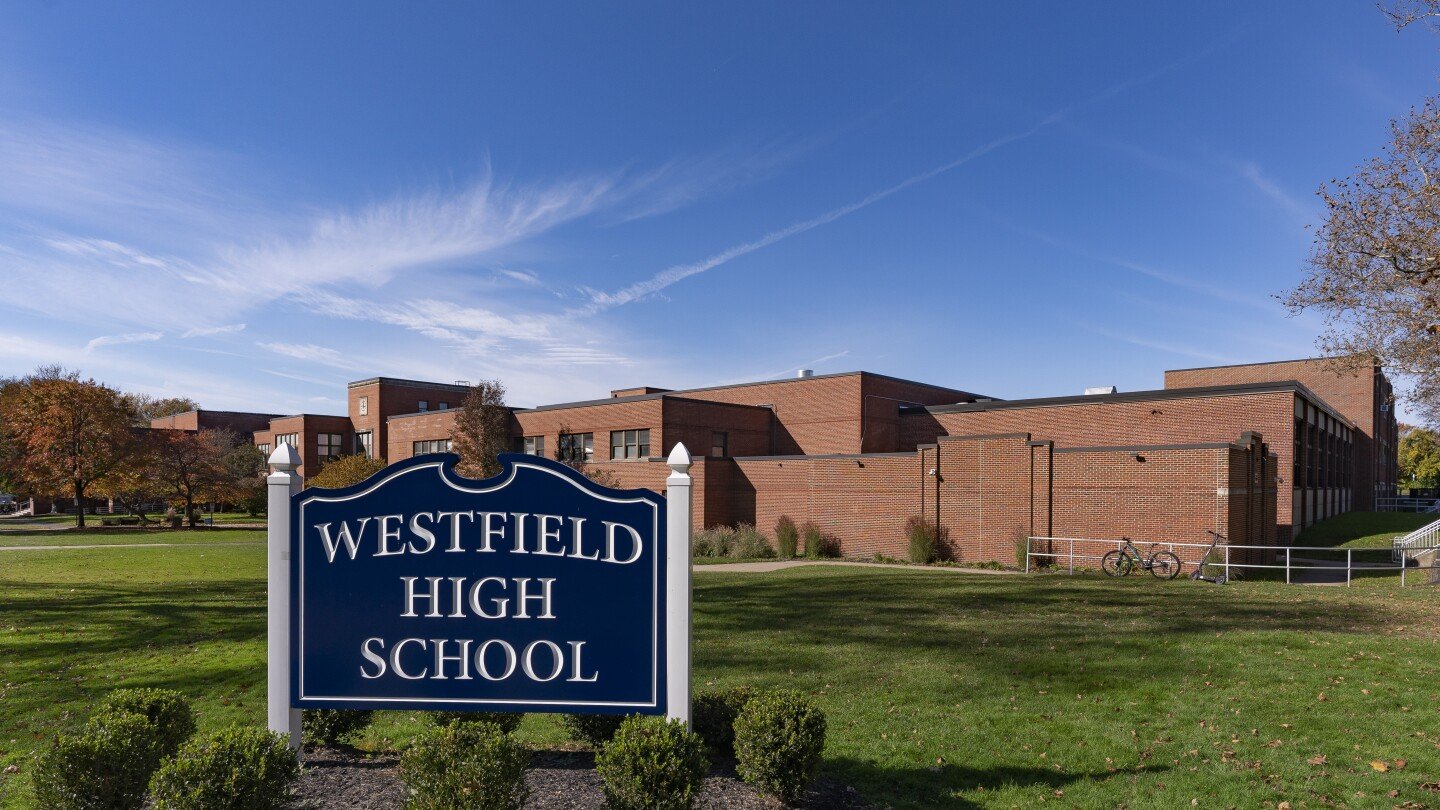A mother and her 14-year-old daughter are advocating for better protections for victims after AI-generated nude images of the teen and other female classmates were circulated at a high school in New Jersey.
Meanwhile, on the other side of the country, officials are investigating an incident involving a teenage boy who allegedly used artificial intelligence to create and distribute similar images of other students – also teen girls - that attend a high school in suburban Seattle, Washington.
The disturbing cases have put a spotlight yet again on explicit AI-generated material that overwhelmingly harms women and children and is booming online at an unprecedented rate. According to an analysis by independent researcher Genevieve Oh that was shared with The Associated Press, more than 143,000 new deepfake videos were posted online this year, which surpasses every other year combined.



I wonder why are you being downvoted, something being illegal puts fear in most people to not do it.
I’ve been wondering about this lately, but I’m not sure how much of an effect this has. There are millions of people in prison, and many of those will go on to offend again. Making things illegal can be seen as an agreement to a social contract (in a democracy), drive the activity underground (probably good thing in many cases), and prevent businesses (legal entities) from engaging in the activity; but I’m not sure how well it works on an individual level of deterrence. Like, if there were no laws, I can not really think of a law I would break that I wouldn’t already break regardless. I guess I’d just be more open about it.
Though, people who cause harm to others should be removed from society, and ideally, quickly rehabilitated, and released back into society as a productive member.